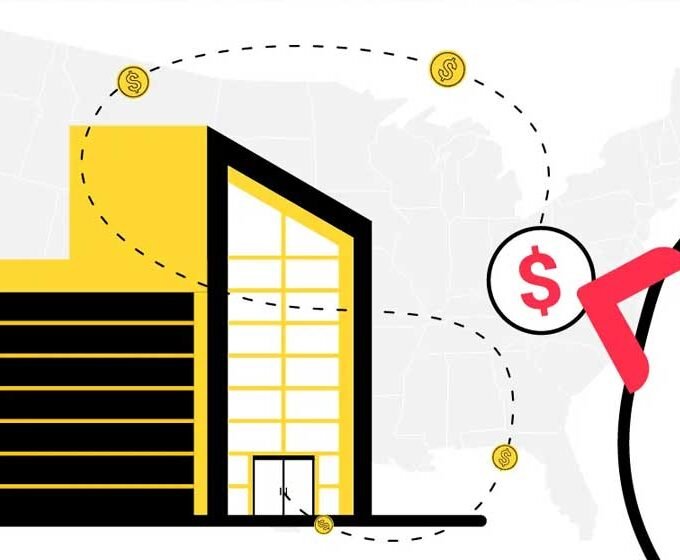Due to high inflation rates and the soaring cost of living, Brits are feeling the pressure more than ever when it comes to their finances. The price of everything from food to fuel has increased over the past couple of years and people are feeling the pinch. The poorest have been impacted the most, with many people having to make difficult decisions between one cost and another, where there isn’t any disposable income to rely on.
With a higher proportion of people’s salaries going on expensive, essential outgoings such as rent, food and fuel, it’s difficult for people to live the lives they perhaps once did. Many people are seeking out solutions to help manage rising expenses and interest rates. One of these options is a personal loan, but you must assess whether this is right for you and your circumstances. Here’s what you need to know.
Is a consolidation loan the right option?
Debt consolidation involves paying off numerous debts with a new loan, often at a lower interest rate. You can get bad credit debt consolidation loans too which involve fewer barriers for people who may not have a good credit rating, often making them a more accessible option.
This option could be beneficial if you’re a borrower with high-interest loans. However, it might only be an option if your credit score has improved since you applied for these loans. Therefore, if you’re someone with a credit score that isn’t good enough for a lower interest rate, you may want to avoid consolidating your debts as an option. You should always take time to review your financial circumstances before you apply
It’s worth considering the following:
Your credit score
Typically, secured loans are easier to get approved than personal loans as they use an asset as collateral, such as your home. However, it’s crucial to understand that you could lose this asset if you fall behind with your payments.
Consider your total amount of debt
Take time to tot up your total amount of debt, taking into account credit card balances, personal loans and any other debt that exists. You should make sure your debt consolidation loan covers all types of debt that you have.
Interest rates
Make sure you study the interest rates on your current debts and compare these with the interest rates offered on the consolidation loan. You want to make sure you get a loan with a lower interest rate than your existing debts. It may be worth shopping around until you’re sure.
Monthly payments
Once you’re happy that you’ve secured a loan that works with your budget, it may be helpful to set up monthly payments so that nothing is missed – otherwise, missed payments could impact your credit score. Take the time to set up your budget and align it with your finances now that a loan has been added to the picture. This will help you stick to spending the right amount outside of your loan repayments and other costs.
















